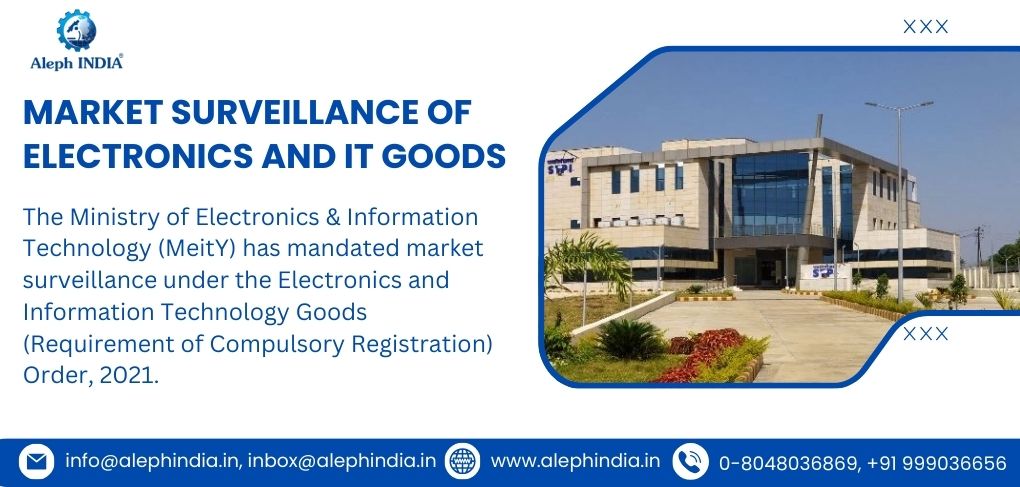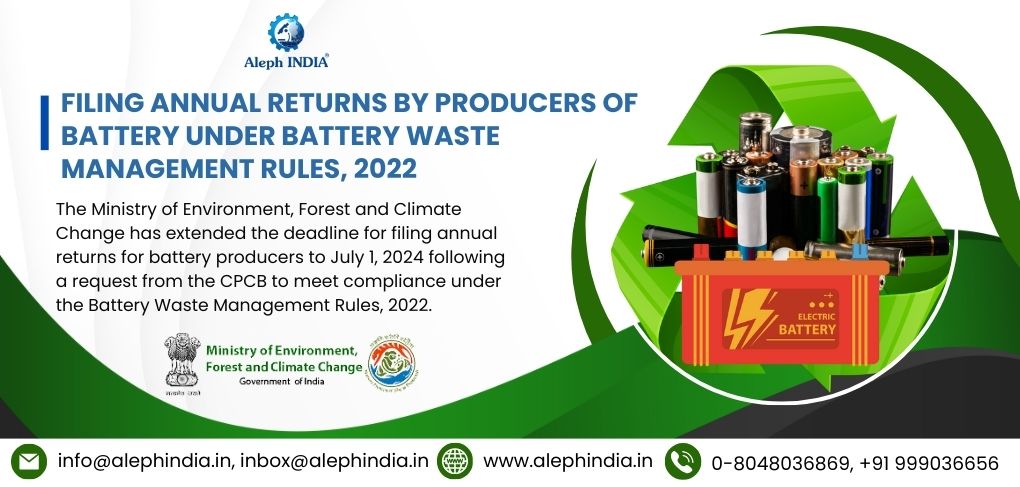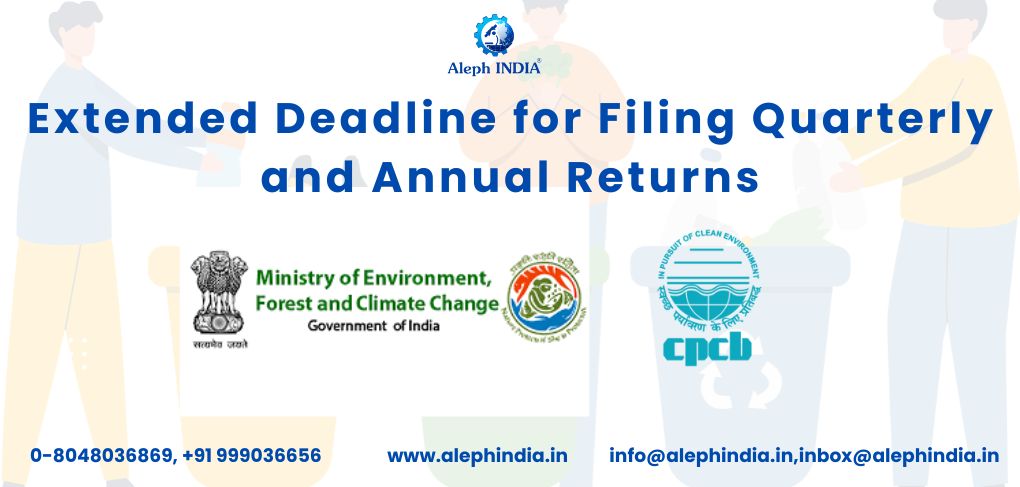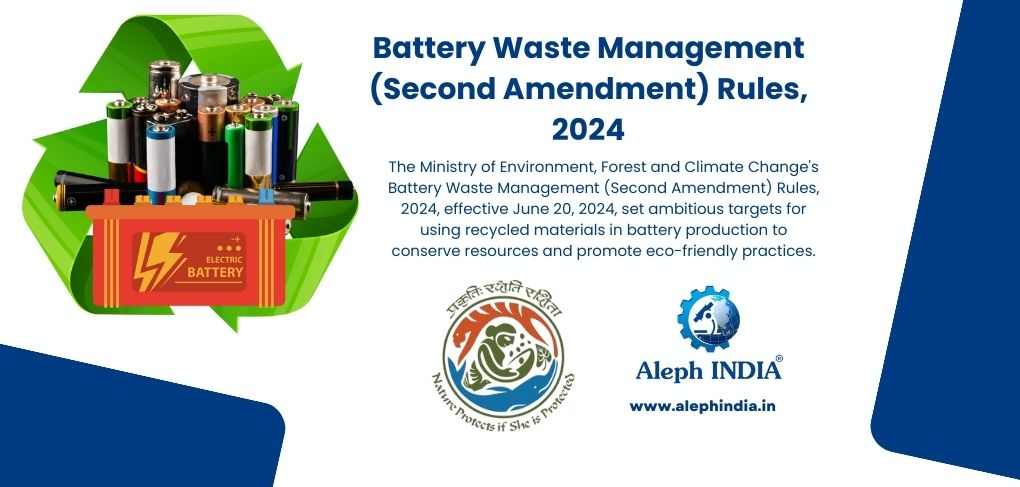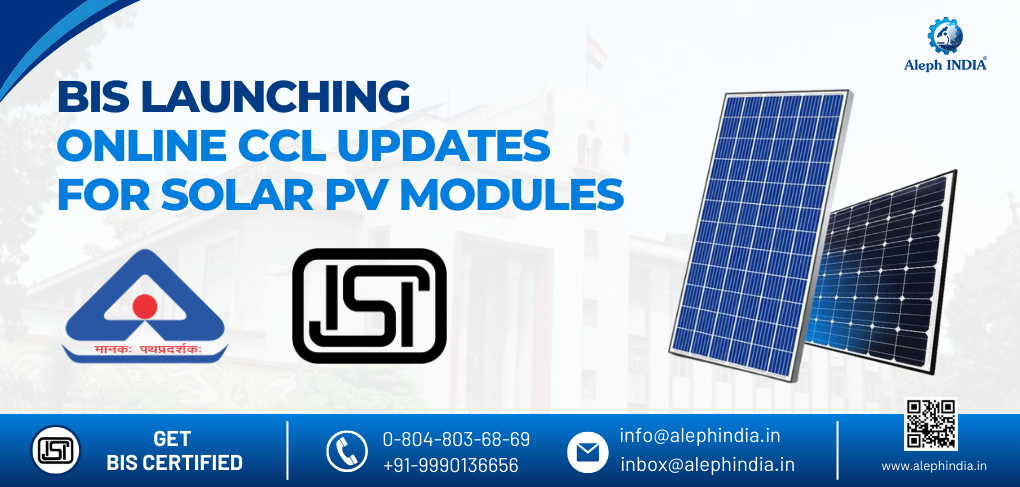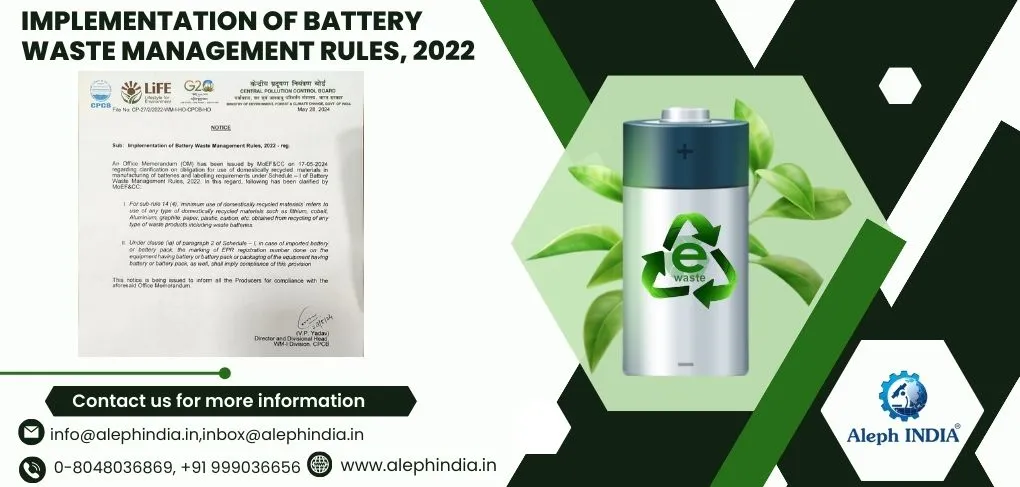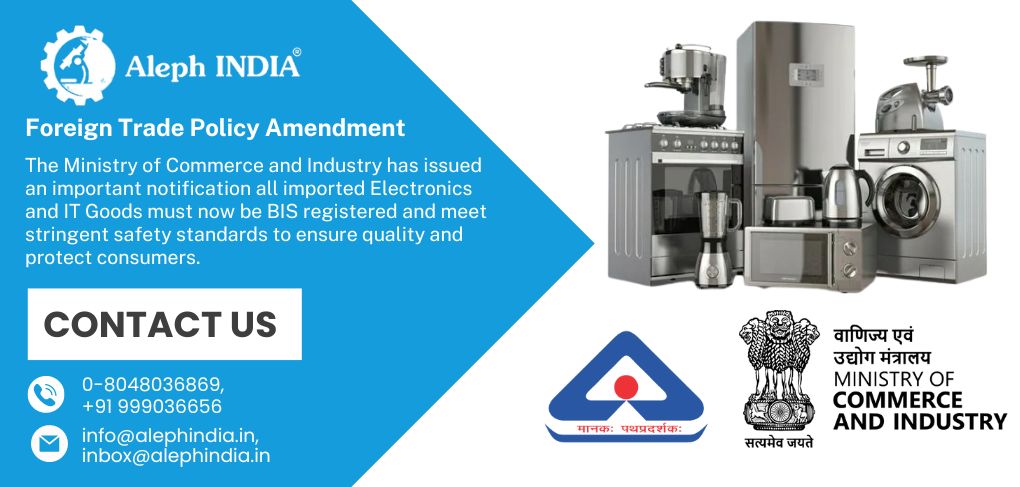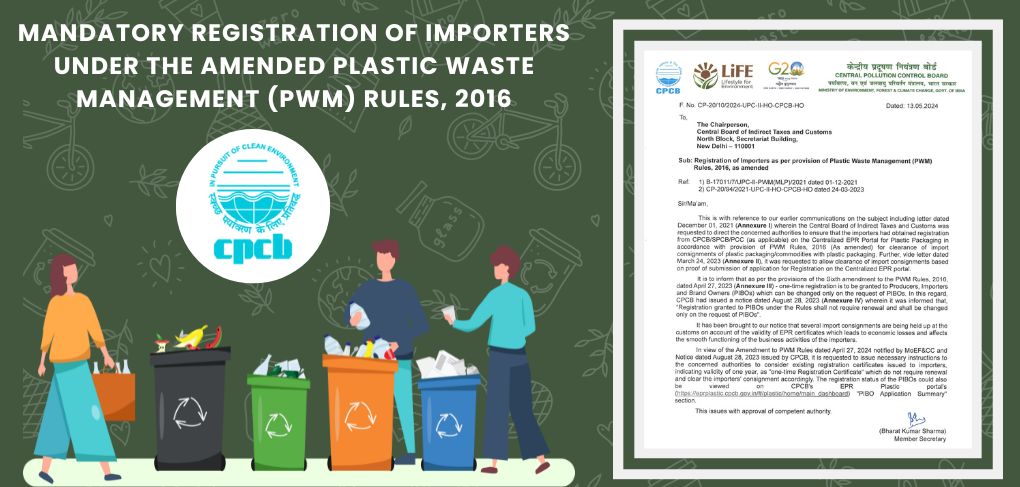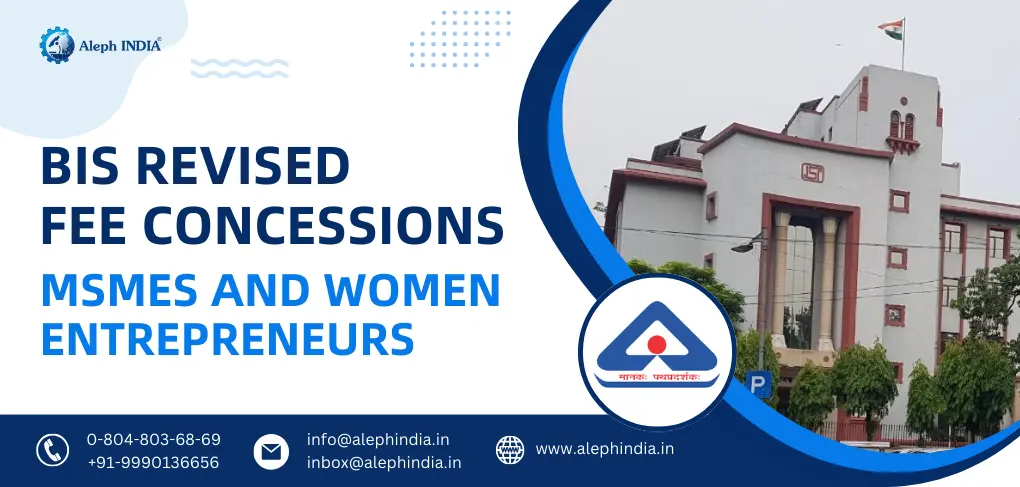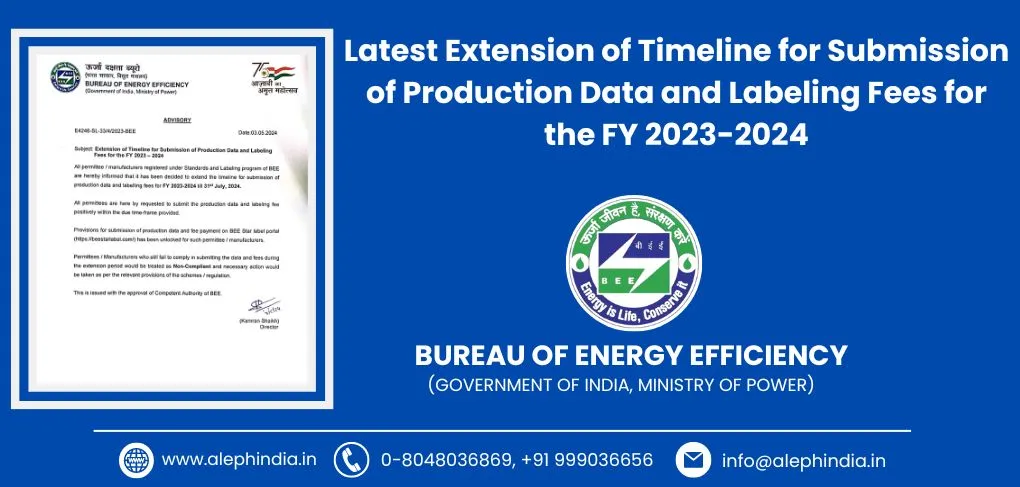- HOME
- ABOUT US
- SERVICES
-
LICENCE & CERTIFICATION
- BIS (ISI MARK) FOR FOREIGN MANUFACTURERS
- DOMESTIC PRODUCT CERTIFICATION (ISI MARK)
- BIS SCHEME X CERTIFICATION
- BIS CERTIFICATE OF CONFORMITY (CoC)
- BIS HALLMARKING
- REACH CERTIFICATION (GLOBAL)
- LABORATORY RECOGNITION SCHEME (LRS)
- WORLD MANUFACTURER IDENTIFIER (WMI) CODE
- ECO MARK
- TAC APPROVAL FOR AUTOMOBILE
- PESO CERTIFICATION
- SASO CERTIFICATION
- CDSCO CERTIFICATION
-
REGISTRATION
- BIS (CRS) REGISTRATION FOR ELECTRONIC PRODUCT
- WPC-ETA APPROVAL
- BEE CERTIFICATION
- E-WASTE MANAGEMENT (EPR)
- EPR REGISTRATION FOR PLASTIC WASTE MANAGEMENT
- EPR REGISTRATION FOR BATTERY WASTE MANAGEMENT
- EPR REGISTRATION FOR USED OIL
- LEGAL METROLOGY (LMPC)
- TEC/MTCTE APPROVAL
- CE CERTIFICATION
- UL CERTIFICATION
- ROHS LICENCE
- DRONE REGISTRATION
- MOEF LICENCE
-
AUXILIARY
- STANDARDIZATION (SCIENTIFIC) DIVISION
- TRAINING SERVICES (NATIONAL & INTERNATIONAL)
- IMPORT/EXPORT LICENCE
- FSSAI CERTIFICATION
- MSME/SSI/NSIC REGISTRATION
- ISO REGISTRATION
- BRAND REPRESENTATION
- LABORATORY EQUIPMENT AND SETUP
- TRADEMARK REGISTRATION
- MAKE IN INDIA SUPPORT
- AG-MARK LICENCE
- THIRD PARTY INSPECTION AND MONITORING SERVICES
-
- PORTFOLIO
- UPDATES
- CONTACT
- LOGIN
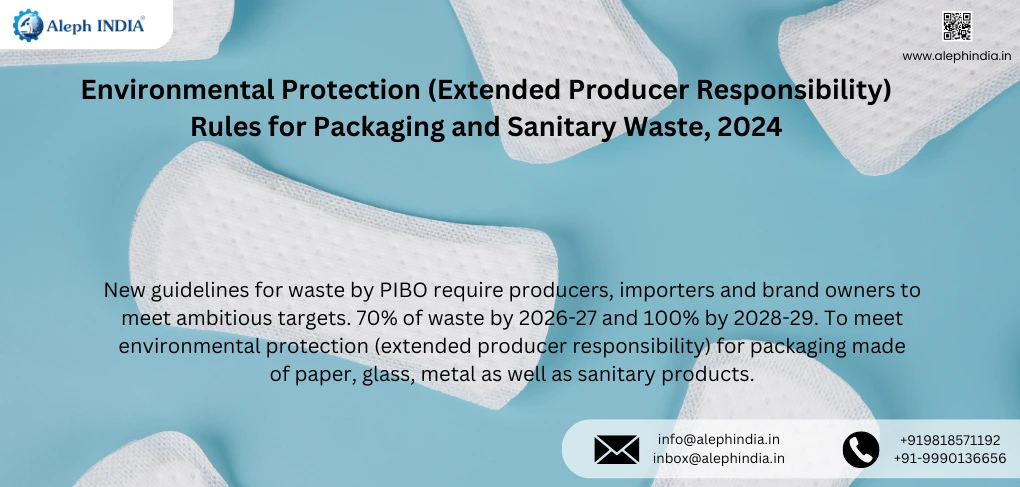
Draft Rules - New Extended Producer Responsibility (EPR) Guidelines for Packaging and Sanitary Waste: A Step Toward Sustainability
On December 6, 2024, the Ministry of Environment, Forest and Climate Change (MoEF&CC) released a crucial draft notification under the Environment (Protection) Act, 1986, focused on Extended Producer Responsibility (EPR) for packaging and sanitary products. This new regulation targets the management of packaging waste, including paper, glass, metal, and sanitary products like diapers and sanitary napkins. By holding producers accountable for their products throughout their lifecycle, this initiative aims to reduce waste, promote recycling, and support a circular economy.
What is Extended Producer Responsibility (EPR)?
EPR is a policy that makes producers, importers, and brand owners (PIBOs) responsible for the collection, recycling, and disposal of their products after consumer use. The goal is to minimize environmental impact by encouraging the use of recyclable materials, reducing waste, and conserving resources.
Under this new draft notification, PIBOs in India will be required to meet specific recycling targets, use more recycled content in their packaging, and develop waste management schemes to ensure the proper disposal of packaging and sanitary products. This initiative also aligns with global sustainability goals, ensuring a cleaner environment for future generations.
Key Highlights of the Draft Notification
1. Scope of EPR Coverage The EPR guidelines focus on:
- Packaging Materials: Paper, glass, and metal (excluding non-ferrous metal packaging under hazardous waste management).
- Sanitary Products: Includes sanitary napkins, diapers, and similar products.
Plastic packaging remains governed by the existing Plastic Waste Management Rules, 2016.
2. Target EPR Compliance PIBOs will need to meet the following recycling targets:
- For Packaging:
- 2026-27: 70%
- 2027-28: 85%
- 2028-29: 100% and onwards.
- For Sanitary Products:
- 2026-27: 60%
- 2027-28: 70%
- 2028-29: 80%
- 2029-30: 100%
3. Recycling and Recycled Content To promote sustainability, PIBOs will be required to meet minimum recycling levels and incorporate recycled content in their packaging:
- Paper: 40% recycled content in 2026-27, rising to 70% by 2029-30.
- Metal: 20% recycled content in 2026-27, increasing to 50% by 2029-30.
- Glass: 50% recycled content in 2026-27, increasing to 80% by 2029-30.
4. Registration and Compliance All PIBOs must register on a centralized online portal managed by the Central Pollution Control Board (CPCB) or State Pollution Control Boards (SPCBs), depending on geographic scope. This registration is mandatory for any business involved in the trade of packaging or sanitary products. Non-compliance will prevent businesses from engaging in relevant trade activities.
5. EPR Certification and Surplus Credits PIBOs that exceed their recycling targets will earn surplus EPR certificates, which can be carried forward, used to offset shortfalls, or sold to other PIBOs. This provides flexibility in meeting EPR obligations across industries.
6. Environmental Compensation for Non-Compliance A polluter-pays principle will be applied, imposing environmental compensation (EC) on PIBOs who fail to meet their EPR targets. However, if they fulfill their obligations within three years, a portion of the EC will be refunded.
7. Sanitary Products Waste Management Special guidelines for sanitary products include:
- Sanitary waste must be sent to registered incineration facilities.
- Producers of sanitary products will need to procure EPR certificates from authorized incinerators to meet their obligations.
8. Implementation Timeline The rules will come into effect on April 1, 2026. Businesses should start preparing for the registration process and the subsequent recycling and waste management obligations well in advance.
Why These Rules Matter
The draft notification marks a significant step toward sustainable waste management and environmental stewardship in India. Here’s why these new EPR guidelines are critical:
- Promoting a Circular Economy: The new guidelines encourage reuse, recycling, and responsible disposal of materials, ensuring that resources are conserved and reused as much as possible.
- Resource Conservation: By reducing the reliance on virgin materials, businesses can minimize environmental damage and conserve natural resources.
- Job Creation and Economic Growth: The regulations will help stimulate growth in the recycling and waste management industries, creating new jobs and supporting green technologies.
India’s commitment to reducing waste and promoting sustainability through these EPR guidelines is a major move toward achieving its environmental goals. By adopting these policies, businesses will not only reduce their environmental footprint but also contribute to a cleaner, greener future.
What’s Next for Businesses?
The release of this draft notification gives PIBOs a clear roadmap for compliance. Key next steps for businesses include:
- Registering with the CPCB/State Pollution Control Board via the centralized online portal.
- Developing waste management strategies such as collection points, Material Recovery Facilities (MRFs), and recycling partnerships with authorized processors.
- Monitoring and reporting on recycling efforts and waste management schemes annually.
By aligning with these new rules, businesses can take proactive steps toward sustainability and prepare for the shift towards a circular economy. The EPR system will not only reduce the environmental impact of packaging and sanitary products but also create new opportunities for innovation and growth in waste management.
Stay tuned for more updates on this critical initiative, and ensure that your business is ready for the EPR requirements coming into force in 2026!


